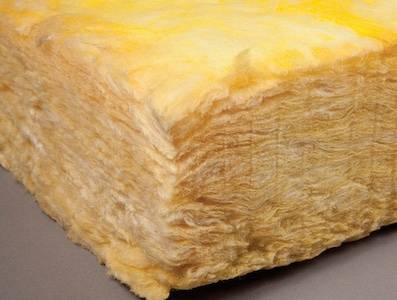
Glasswool, also known as mineral wool, is a versatile and high-performing insulation material manufactured from recycled glass. Its unique fiber structure provides exceptional thermal and acoustic properties, making it an ideal choice for a wide range of applications in both residential and commercial buildings.
The appropriate type and thickness of glasswool will depend on the specific application, climate, and desired level of insulation. Consult with a building professional or insulation specialist to determine the best option for your needs. Consider factors such as R-value requirements, fire codes, and local building regulations.
Disclaimer: Always follow manufacturer's instructions for proper installation and safety precautions. Improper installation can affect performance and may void warranties.